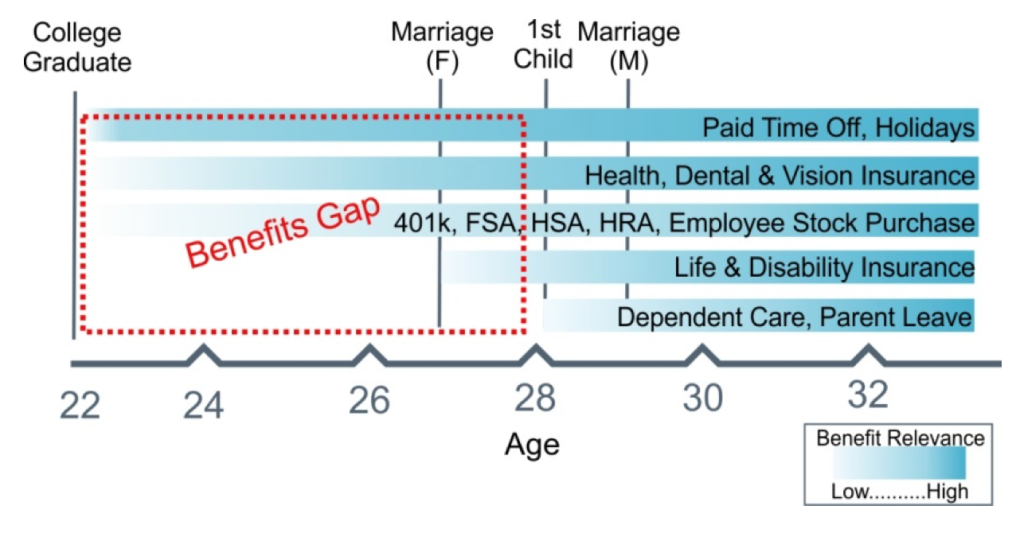If you pay attention to the news at over the past few months you’ve heard about the E. coli outbreak at a number of Chipotle restaurants all over the U.S.:
“The FDA and the Centers for Disease Control and Prevention (CDC) along with state and local officials are investigating two separate outbreaks of E. coli O26 infections that have been linked to food served at Chipotle Mexican Grill restaurants in several states.
As of January 27, 2016, the CDC reports a total of 55 people infected with the outbreak strain of STEC (Shiga toxin producing E. coli) O26 from a total of 11 states in the larger outbreak: California (3), Delaware (1), Illinois (1), Kentucky (1), Maryland (1), Minnesota (2), New York (1), Ohio (3), Oregon (13), Pennsylvania (2), and Washington (27). There have been 21 reported hospitalizations. The majority of these cases were reported from Oregon and Washington during October 2015.”
No restaurant wants this to happen, ever! It has an immediate and lasting impact to sales. I worked for Applebee’s, one of the largest restaurant chains in the world, food safety was our single biggest focus and a constant worry. Chipotle’s entire company went into immediate crisis mode when all of this was going down.
So, much so, that they decided to do an unprecedented all store closing to ‘re-train’ all employees on current, new and additional food safety measures. From Fast Company:
The company is still not clear on which ingredient brought on the E. coli outbreak, though it again confirmed that the norovirus was spread through employees who came into work while sick.
“If you are feeling sick, or if you have vomited, either at work or at home, you need to tell your manager or field leader immediately,” co-CEO Monty Moran told workers. Managers are also expected to report if an employee gets sick at work, and if a worker or customer vomits in a restaurant, the location must be shut down immediately.
Most people won’t catch what just happened. E. coli is major! Both Chipotle and the CDC never found out where the E. Coli came from. Norovirus is completely different. Restaurants have norovirus outbreaks. It’s not frequent, but more frequent than you think. It’s usually caused by a worker with stomach flu coming to work and spreading it to cooking areas, thus giving it customers and other workers.
Two very different things!
But, since we can’t find out where the E. coli came from, which was more than likely a supplier of some fresh ingredient – since it showed up in so many states and so many locations, not connected any other way, let’s show our customers we solved something else!
The problem is, Chipotle doesn’t really have a Norovirus issue. Sure they might have had one or two restaurants with an outbreak, but that is solved with a good bleach cleaning and some retraining. Chipotle’s executive team and HR went off the deep end and instituted the following things:
- Sick employees who have vomited at work or at home, now get 5 paid days off before they can return to work.
- If an employee or customer vomit at a restaurant, that restaurant must be closed down immediately.
This is unsustainable. HR should have advised the executive team that this isn’t sustainable.
Do you know who goes and works at a Chipotle? Mainly college aged kids who love to drink and eat giant burritos! Can you imagine the number of Chipotle employees who will be calling in sick the Monday of Spring Break to tell their manager they just vomited!? Sorry, but I’ll take my five days of pay, and I’ll do my recovering someplace warm! I can see Chipotle restaurant managers pulling their hair out already!
Also, dumb drunk people throw-up all the time at restaurants. They don’t have Norovirus. They have the brown bottle flu! You don’t close a restaurant over that. You clean it up really, really well. Investigate the circumstances and make a decision on what you really need to do. Chipotle just made a black and white decision, that will hurt their company.
So, I’m so freaking smart, what would I have done?
1. Give individual restaurant General Managers and Area District Managers more control over how to handle these situations, like when to close, or force an employee to stay home, and make sure it doesn’t hurt them financially by making these decisions. Local managers don’t want to close a restaurant because it impacts their bonus, which is a huge part of their compensation.
2. Hire a PR firm to explain to America that what happened at Chipotle, what really happened with the E. coli outbreak, had nothing to do with local restaurant food safety procedures. Also, what they did to ensure a higher level of safety moving forward.
What they did was all smoke and mirrors, to make people feel like they have the problem handled. By the way, they probably could have done nothing and still be in the same position. Young people are notoriously forgiving on these types of cases because they believe it still won’t happen to them!
Okay, I’m off my soapbox. What do you think?

